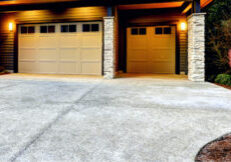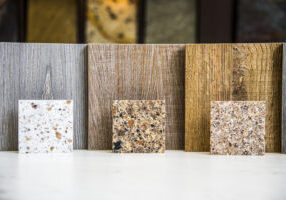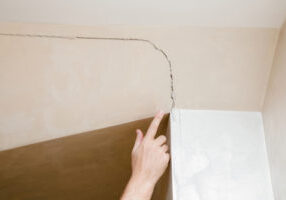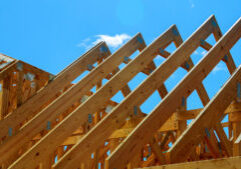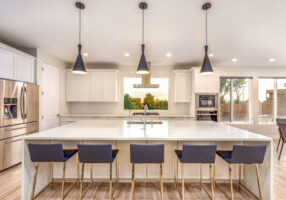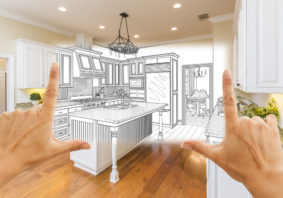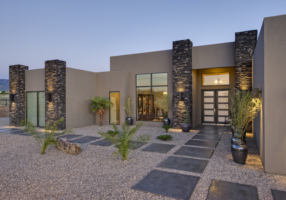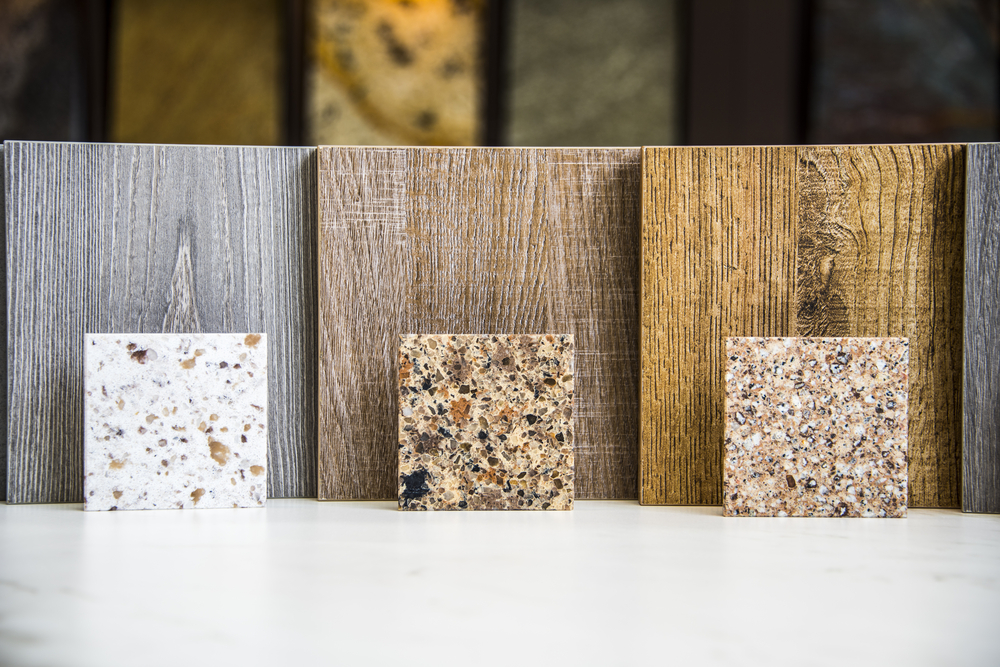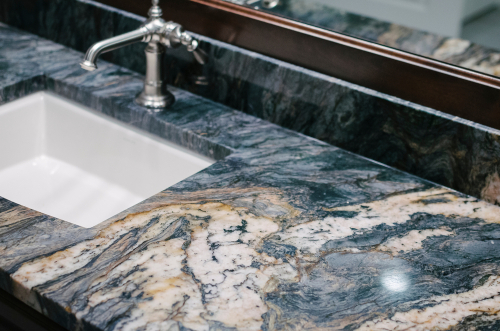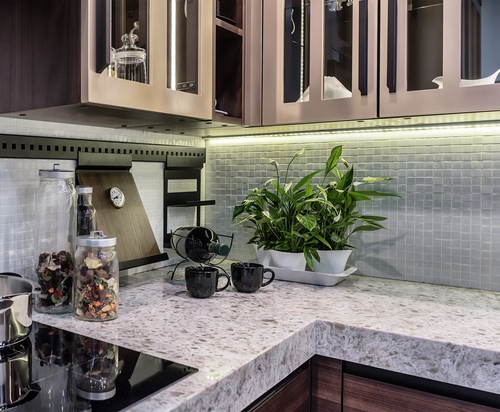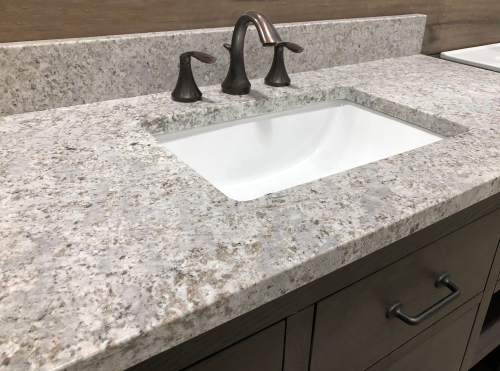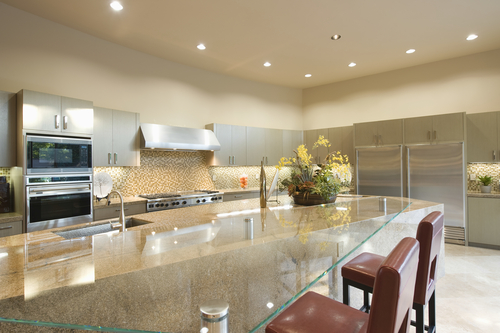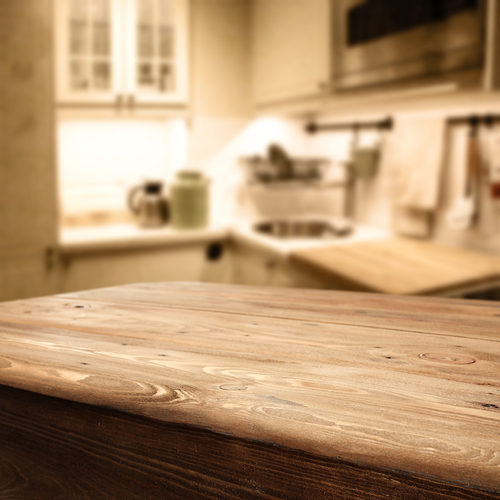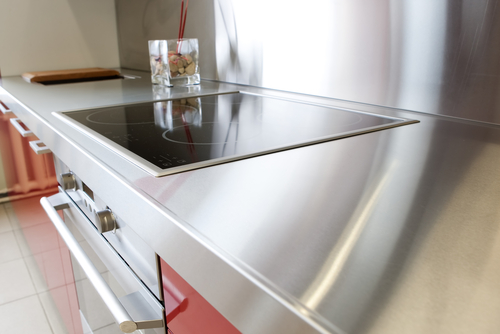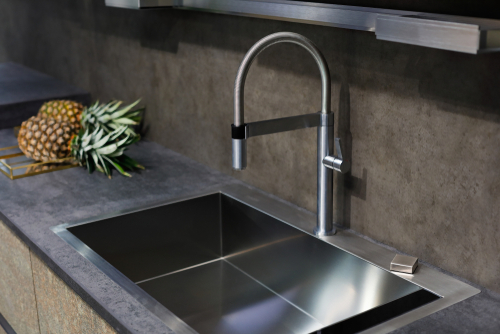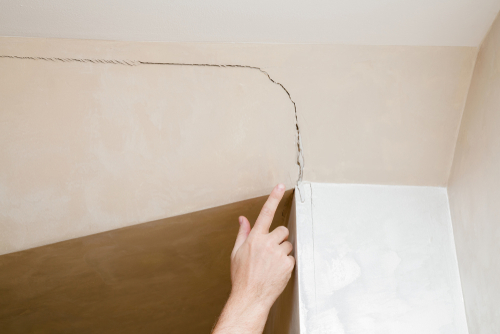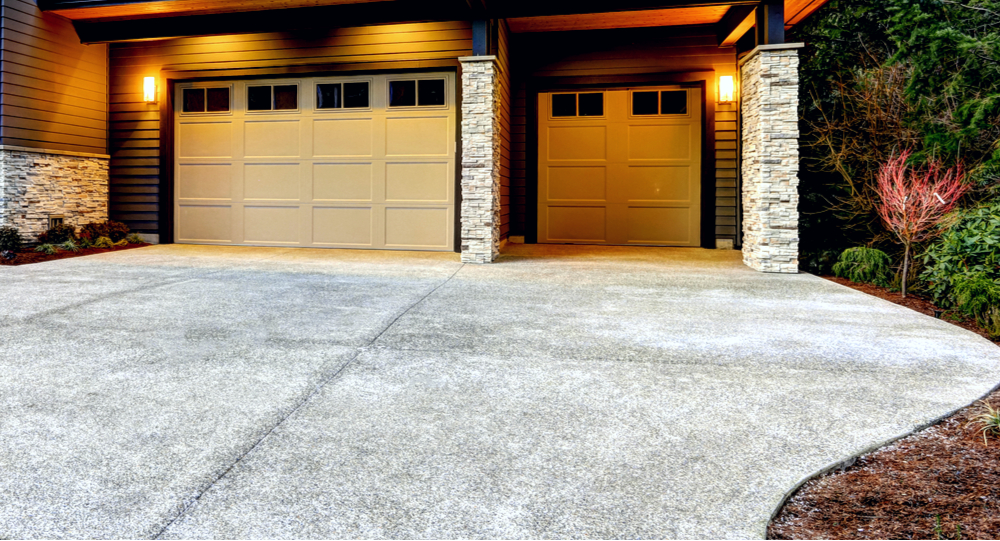
If you’ve decided to invest in a custom built home, you have the advantage of having a home constructed to your exact specifications. However, you may be faced with the dilemma of whether to choose the lot first, or select a builder? In reality, there are advantages to both approaches, and considerations to take into account in either case.
If You’ve Already Selected a Lot
If you have already selected the plot for your home – or if you have obtained or inherited land from your family, it’s a good idea to have a builder inspect the property. A qualified builder or home construction company can help you determine what part of your lot is best suited for building your new home. A builder can also help in developing a style for your home that will work well with your selected lot.
If You Hire a Builder First
Hiring a builder before selecting your lot can be very advantageous in ensuring that your home has every feature that you want. Ask the builder to come along when you’re inspecting potential locations for your new home. A professional builder knows what to look for in a plot of land, and can spot potential problems that you might miss. If you have a particular home style in mind, having a builder help in the process can ensure that building the home you want is possible on a particular lot.
Communication is Key
Regardless of whether you select the lot or the builder first, maintaining open communication is essential. Don’t be afraid to ask questions or request more detailed explanations from the builder about his or her recommendations concerning a particular plot of land. Whether you select a lot first or hire a builder before choosing a lot, the right builder can help ensure that you make the right choices for your land and your home.
Ready to create your dream home?
At John Mark Custom Homes, we’d love to show you how we can help.
